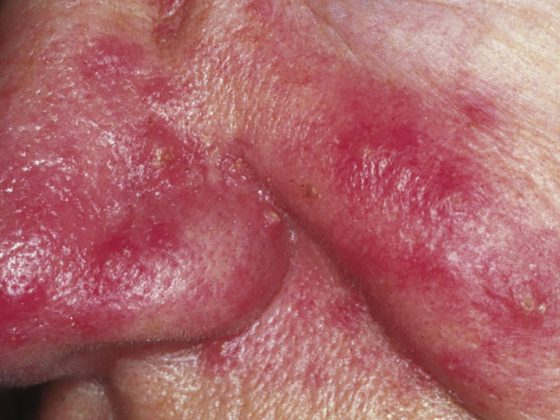The multifaceted pathogenesis of multiple sclerosis (MS) offers a variety of targets for therapeutic intervention. In addition, a lot of research is being done to be able to make the diagnosis at an early stage. This is because the initiation of personalized treatment management could significantly reduce the disease burden of those affected. By applying artificial intelligence and capturing effective biomarkers, the goal could be within reach.
Multiple sclerosis (MS) remains the most common cause of nontraumatic neurologic disability in young adults. Fortunately, the discovery of highly effective disease-modifying therapies (DMTs) over the past two decades has dramatically changed the outlook for people with MS. However, measuring health care outcomes is challenging. Outcomes reported by treating physicians often do not meet the expectations of MS patients because some of their symptoms are not captured by routine neurological examinations. This leads to misunderstandings. On the other hand, treating physicians are confronted with readings that do not optimally reflect the development of MS disease. An illustrative example is the commonly used EDSS clinical scale. In recent years, the results of a clinical intervention using patient-reported outcomes (PROs) have become increasingly important. PROs are collected directly from patients and include symptoms, function, health status, and health-related quality of life. However, there are no guidelines yet for validating PROs. The goal is to change this in the near future [1].
Artificial intelligence supports personalized medicine
Diagnosis and quantification of disease burden in MS have traditionally relied on recognition of visual patterns by experienced clinicians. Given the amount of scientific data, the heterogeneity of disease trajectories, and the broad therapeutic spectrum, great efforts have been made to apply artificial intelligence (AI) to MS. Machine learning (ML) methods analyze data to obtain decision patterns, while deep learning (DL) tools perform automatic selection of the best problem-solving features. These two approaches benefit primarily from large data sets and are therefore useful for multicenter studies and for large-scale clinical investigations. ML and DL algorithms are capable of automating repetitive tasks, analyzing more data in less time, and achieving higher accuracy and reproducibility than the human counterpart. The application of AI has yielded promising results in the field of medical imaging (especially MRI), enabling automatic segmentation of lesions and tissues, disease classification, and contrast synthesis from extended sequences. Such an approach is also suitable for the evolving world of “omics,” in which the analysis of large amounts of data derived from a single patient is central to personalized medicine [2].
Biomarkers in focus
Neurodegeneration and astrocytic activation are pathological features of progressive multiple sclerosis and can be quantified by serum neurofilament light chain (sNfL) and glial fibrillary acidic protein (sGFAP). Therefore, sNfL and sGFAP were further investigated as tools to stratify progressive MS patients based on progression and disease activity status [3]. For this purpose, sNfL and sGFAP values were analyzed in 259 patients within six months after the first confirmed EDSS ≥3 as baseline. Progressive patients were classified as active/non-active based on new brain/spinal cord lesions or relapses in the 2 years before baseline or during follow-up. It was shown that sNfL was higher in progressive patients with disease activity during the first two years of follow-up and throughout the available follow-up period. Baseline sGFAP levels were positively associated with a higher risk of disease progression confirmed at six months. This relationship was more pronounced in patients with low sNfL. Elevated sNfL levels were associated with future cognitive decline. All in all, it was shown that higher levels of sGFAP were an indicator of progression, whereas sNfL reflected acute disease activity in the progressive MS cohort. Thus, sGFAP and sNfL levels could be used to stratify progressive MS patients for enrollment in clinical research studies and clinical trials.
Congress: 8th Congress of the European Academy of Neurology (EAN).
Literature:
- Pot C: People with MS are at the center: Strategies to implement analogue and digital patient-reported outcomes in routine practice. EAN/ECTRIMS: Scientific advances for immediate transition into clinical practice in multiple sclerosis. SYMP02-1. EAN Congress 2022.
- Rocca M: AI & MS diagnosis and differential diagnosis. Application of artificial intelligence to MRI in multiple sclerosis: from diagnosis to prognosis and monitoring. FW08-2. EAN Congress 2022.
- Barro C, et al: Serum Glial Fibrillary Acidic Protein: A Biomarker of Disease Progression in Multiple Sclerosis. Oral Presentation. OPR-136. EAN Congress 2022.
InFo NEUROLOGY & PSYCHIATRY 2022, 20(4): 36.











